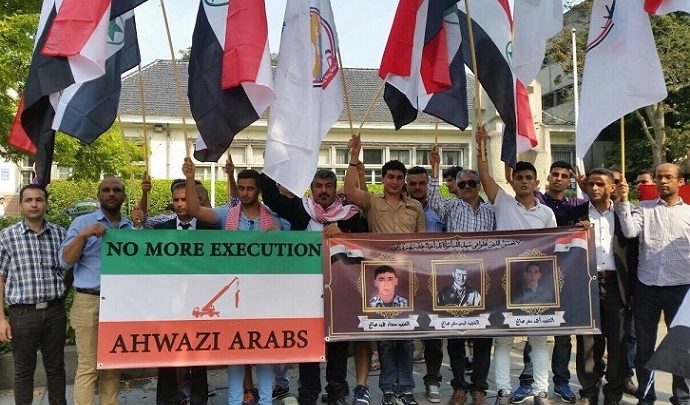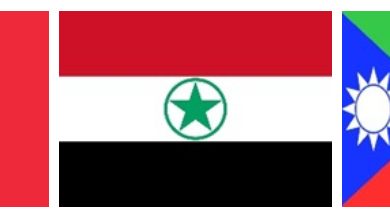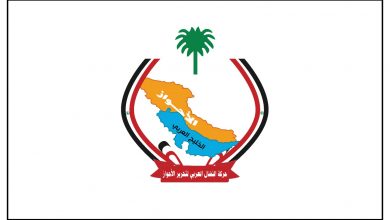#Ahwazna – Hundreds of Ahwazi sugar refinery workers protest over months of unpaid wages

Ahwazna
Around 500 Ahwazi Arab workers staged a demonstration in front of the state-owned sugarcane refinery in Susa city north of the regional capital, Ahwaz, on Thursday December 22, launching an indefinite strike over low wages and non-payment of bonuses and other entitlements for over five months until their grievances are resolved.
Speaking on condition of anonymity, local sources told the Arab Struggle for the Liberation of Ahwaz’ (ASMLA) media office that most of the workers staging the demonstration are employed in arduous and gruelling physical labour, harvesting the sugar cane by hand, often in searing summer temperatures which exceed 54 degrees Celsius (130 degrees Fahrenheit), for salaries which do not exceed $200 per month.
The sources added that the management at the state-owned sugar refinery does not formally employ the Ahwazi workers who are hired on a zero-hours casual basis with only a verbal contract, robbing them of any way to claim any legal rights or to receive health insurance cover.
These workers are forced to accept this situation as a result of their poverty-stricken living conditions and the ongoing economic crisis, with this dismal situation exposing them to inhuman exploitation by officials, companies and factories run by ethnically Persian settlers.
On the previous day, elsewhere in the province, steel mill workers employed by the state-owned National Steel Industrial Group held another labour protest, this time over three months of unpaid wages, staging a sit-in front of the NSIG’s head office in the city of Ahwaz. Local sources told the ASMLA’s media office that the company had abruptly suspended its operations for a number of months, leaving the 4,000 workers employed by the firm fearful for their future.
Until 2010, the company produced almost 1,360,000 tons of steel and steel products annually, being responsible for 13 percent of Iran’s overall national steel production. Despite the company’s massive profits, all the monies from the steel production, as from all businesses in Ahwaz, either go to the regime’s coffers in Tehran or to investment in ethnically Persian areas, with the Ahwazi Arab people only receiving their customary share of poverty, injustice and discrimination from their own labour.


